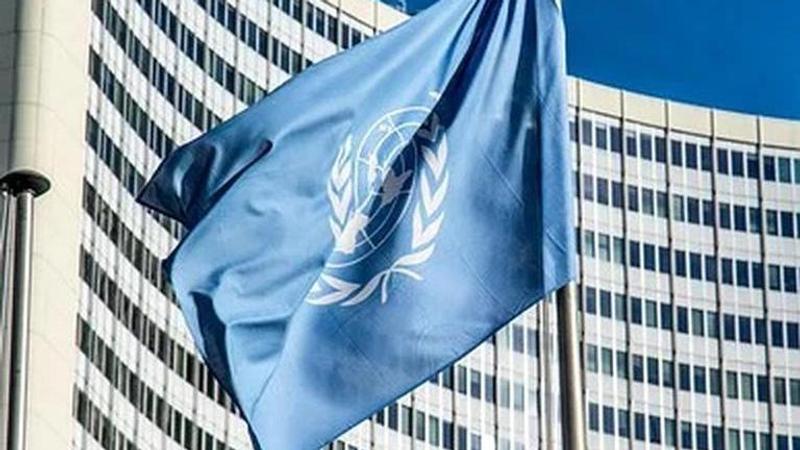Published 11:07 IST, October 14th 2020
UN humanitarian chief: Sahel is very close to tipping point
The U.N. humanitarian chief warned Tuesday that daunting problems in Africa’s Sahel region are getting worse and the region “is very close to a tipping point — and so by extension are its African neighbors, Europe, and the world.”

The U.N. humanitarian chief warned Tuesday that daunting problems in Africa’s Sahel region are getting worse and the region “is very close to a tipping point — and so by extension are its African neighbors, Europe, and the world.”
Mark Lowcock said in a virtual speech to students at the Paris Institute for Political Science that he deals with the world’s worst humanitarian tragedies, and “nowhere scares me more than the Sahel.”
He said six central Sahel countries -- Burkina Faso, Cameroon, Chad, Mali, Niger, and northeast Nigeria -- are at “a true epicenter of conflict and insecurity, weak governance, chronic underdevelopment and poverty, demographic pressures, and climate change.”
Lowcock said there are conflicts between farmers and herders mainly over scarce resources, conflicts instigated by terrorist and extremist groups seeking to undermine governments, and violence from organized crime groups running trafficking networks who “stage kidnappings, loot assets and steal natural resources for profit.”
Before 2012, only one militant Islamist group, Al Qaeda in the Maghreb, operated in Mali, he said, but extremist groups took lessons from the strength and territorial gains of the Islamic State extremist movement in Iraq and Syria after 2014 and “by 2018, more than 10 groups were active in Mali, Burkina Faso, and Niger, in addition to groups like Boko Haram in the Lake Chad Basin.”
“There were more violent episodes in 2018 alone than in the whole of the 2009-15 period,” Lowcock said.
In addition, “since the 1970s, the Sahel has warmed twice as fast as the rest of the world,” which has seriously affected livelihoods, he said. And “fertility rates in the Sahel are the highest in the world, with annual population growth of 3 per cent on average.”
As the U.N.’s undersecretary-general for humanitarian affairs and emergency relief coordinator, Lowcock said, “I have come to realize more and more that humanitarian aid can only be a Band-Aid on a much deeper wound. And right now, the wound is growing faster than the Band-Aid.”
On Oct. 20, Germany, Denmark, the European Union and the U.N. are sponsoring a high-level virtual conference on the Sahel not only for the pledging of funds but for making “concrete policy commitments,” he said.
“This is very timely because, as of today, most public policy efforts, at both national and international levels, are treating symptoms rather than their causes,” Lowcock said.
This story has not been edited by www.republicworld.com and is auto-generated from a syndicated feed.
(Image: Pixabay)
Updated 11:07 IST, October 14th 2020




